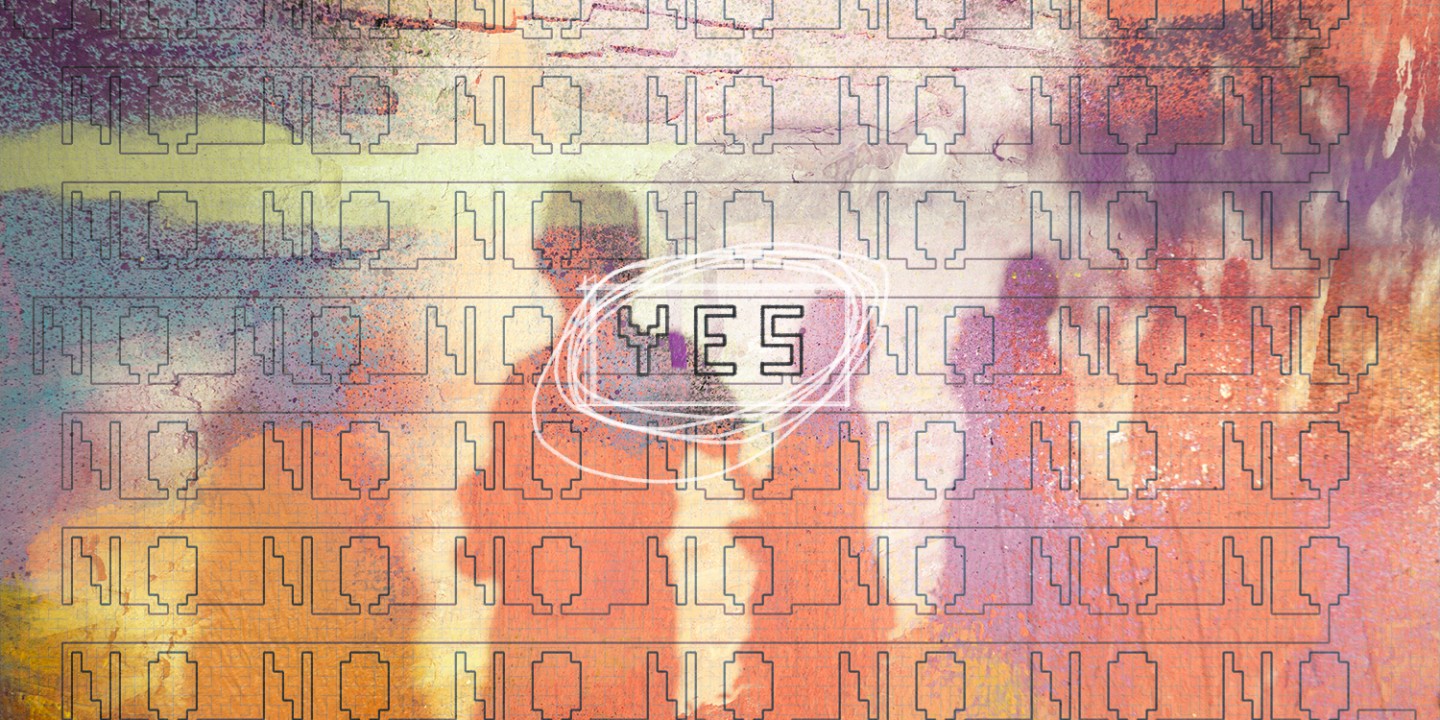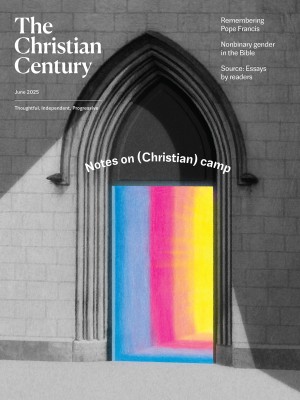Reviled for Jesus’ sake
One of the clearest ways God says yes to Christians is when unjust authorities hate us.

Century illustration
I don’t know about you, but I spend a lot of time feeling like an anachronism. I work in higher education, a field that depends on the assumption that human capabilities are worth cultivating for their own sake—a belief our politicians regard as quaint and our business elites regard as outright dysgenic. (They prefer their genics eu.) Even many of my colleagues in neuroscience, philosophy, and economics are committed to accounts of human nature and cognition so insultingly reductive that they undermine any basis for higher education that does not reduce it to job training.
This is not my only anachronistic trait. I like reading and writing books, which a lot of people regard as an outdated media form. I like writing for magazines, such as this one, and when people who run magazines talk about the future of their industry, they sound like John the Baptist. And I go to a mainline church. At this point the narrative of mainline decline is a bigger cliché than anything about mainline churches themselves. No matter who you ask, such decline is our own fault—whether because we were too rich and White or because we lost our purchase among elites; whether because too many of us abandoned the Nicene Creed or because not enough of us did.
Read our latest issue or browse back issues.
Now, clearly it’s a best practice for any church to blame itself first for its ill fortune; this merely follows the example of the Bible, which consists in large part of the Israelites blaming themselves for the actions of land-greedy ancient Near Eastern princelings. Moreover, we can tell the story of the mainline’s rise and fall in a way that provides a sense of order and symmetry: it declined because it identified too much with America’s postwar vital center, because it lost sight of Christianity as a personal and inner commitment, and because it lost its prophetic edge. In the same way, this story continues, fundamentalism and evangelicalism grew explosively in the 1970s, ’80s, and ’90s but have since stopped growing because, though they maintained a certain intensity about worshiping a god, they switched gods. Their first new god was America. And now, in the name of saving America, they worship the person who has done more to damage America’s vaunted advantages—its influence over other countries, its ability to succor its own citizens in emergencies, its value as an abstract symbol or idea, its friendly neighbors—than any single individual in history.
Two successive histories of infidelity to God followed by punishment—it’s a neat (and very biblical) story. It’s also so neat that I’m not sure where anyone I know fits into it. It proves too much: one’s entire tutelage as a Christian has been overseen by one of two zombies. If I know some mainliners who seem aflame with a life from beyond this world or some evangelicals who haven’t rejected the Sermon on the Mount as “too woke,” what do they signify? Are they mirages? Am I? Some of my left-wing friends, whether religious or secular, like to quote Jeremiah Wright at this point in the conversation: “God damn America.” But if they truly believe God has done this, aren’t they included? Doesn’t a pronouncement so sweeping invalidate the very knowledge of God that might inspire one to pronounce it or the very self that agrees with it? Wright was an American—a Marine. Did he think he was damned?
Karl Barth said that God’s no contains God’s yes. Perhaps this is a way out of the bind. It’s less totalizing, or equally totalizing but in opposite directions at once. If Barth is right, then we do not despair in response to clear signs of God’s disfavor, though we do repent. Our question is no longer, Is the mainline dead, and is it our fault? It instead becomes, Where, in the second Trump era, do we see God saying yes to something, anything, that we’re doing? And one of the clearest ways God says yes to Christians is when unjust authorities hate us. In Matthew 5:11, Jesus explicitly says that people who are reviled, persecuted, and lied about for his sake are blessed: he says yes to them.
Since January, God has been subtly, unmistakably saying yes to certain brave Christians, some of them mainliners. The form of that yes is MAGA’s no. The Trump administration hates the fact that so many churches and parachurch ministries help refugees and immigrants resettle in this country, in direct obedience to a command found in both Testaments, and it hasn’t scrupled to say so. Right away in January, there were the attacks on Episcopal bishop Mariann Budde, who had the effrontery to state a core Christian moral teaching—it might be summarized as “Don’t kick people who are down”—during the inaugural prayer service. (If you are offended by being told gently that you should show mercy to people who flee their homes with only the clothes on their back, or who undertake the socially and financially draining process of a gender transition, you are already not living your life right.) This was followed by suggestions from both the vice president and Elon Musk—we should have just been calling him the acting president—that churches involved in refugee resettlement were somehow making a profit from it. Then the Department of Homeland Security accused the Episcopal Diocese of the Rio Grande of human trafficking for operating a shelter, an ironic suggestion from an administration that kidnaps harmless people and ships them to a Salvadoran prison seemingly just so they can make gloating little videos about it.
When you befriend the immigrant and the stranger, because God commands it, and then people lie about you for it, you’re being persecuted for following Jesus. It’s about as straightforward as religious persecution gets. Compared to what others are suffering under this administration—for being Muslim, criticizing the mass slaughter of Palestinians, changing their gender, or simply coming here in search of employment and a normal life—it isn’t much. But biblically speaking, it’s something. If we can imitate the example of these Christians, who simply share their time and resources with people who have next to nothing, then perhaps God will continue to tell us yes in ways we can’t yet anticipate.






